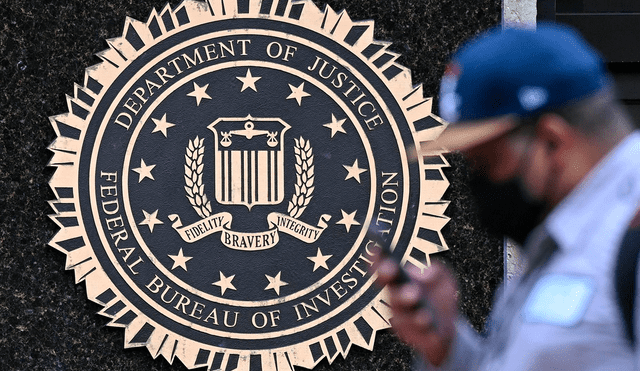FBI warns iPhone and Android users to delete these texts immediately
The FBI is urging iPhone and Android users to delete any suspicious SMS messages warning of unpaid tolls or delivery issues, as these notes are part of a growing wave of smishing scams targeting personal and financial data.

The Federal Bureau of Investigation (FBI) has issued a strong warning to iPhone and Android clients across the U.S., urging them to immediately delete worrying text messages linked to a new wave of SMS phishing attacks. These alerts, often appearing as urgent notices about unpaid tolls or delivery services, aim to trick recipients into revealing sensitive personal and financial details. Cybercriminals have recently registered over 10.000 new domains to facilitate these frauds, which have been rapidly spreading from state to state.
These mobile trickery campaigns, leveraging fake payment links, are easy to spot but often too convincing for unsuspecting members. The FBI and cybersecurity experts are calling on the public to exercise extreme caution and avoid interacting with any URLs or phone numbers provided in these notifications.
Why are smishing texts so dangerous and which cities are most affected?
Smishing or phishing through SMS, pose a growing threat as hackers continue refining their methods. These messages often impersonate fee-based solutions or shipping providers, deceiving users into sharing sensitive details like financial information. The alerts usually warn recipients of unpaid bills and prompt them to click on a shortcut that appears to be from a legitimate service, but redirects to a fraudulent website designed to steal sensitive details.
The FBI’s warning highlights a significant increase in this scams, particularly in major cities such as Dallas, Atlanta, Los Angeles, Chicago, and Orlando. Other areas like San Antonio, Miami, and Las Vegas have also seen notable spikes in such dishonest activities. Residents of these cities are urged to remain cautious and report suspicious notes to the FBI’s Internet Crime Complaint Center (IC3).
How are hackers using fake links in smishing texts and how can you protect yourself?
Cybercriminals behind these frauds are increasingly using suspicious URLs with Chinese top-level domains (.xin) to deceive victims. These fake links often appear to be from trusted companies like DHL or regional services, but they lead individuals to malicious sites that steal sensitive data. Experts warn that no legitimate U.S. service would direct you to a domain with an overseas extension, making it a clear red flag for potential scams.
To avoid falling victim to smishing, the FBI offers these straightforward steps:
- Report suspicious texts to the FBI’s Internet Crime Complaint Center (IC3) at www.ic3.gov.
- Verify toll payments by visiting the official website or calling the customer service number directly.
- Never click on links from unknown sources in unsolicited texts.
- Delete any smishing messages you receive immediately.
- If you’ve interacted with a fraudulent link or provided your information, secure your accounts and monitor for unauthorized transactions.












